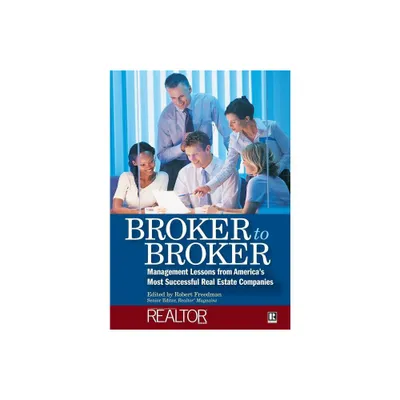Home
Securities Arbitration for Brokers, Attorneys, and Investors
Loading Inventory...
Barnes and Noble
Securities Arbitration for Brokers, Attorneys, and Investors
Current price: $95.00


Barnes and Noble
Securities Arbitration for Brokers, Attorneys, and Investors
Current price: $95.00
Loading Inventory...
Size: OS
*Product Information may vary - to confirm product availability, pricing, and additional information please contact Barnes and Noble
Contrasting arbitration of securities disputes with litigation in the courts, this book reviews the interaction of federal securities laws and arbitration in light of caselaw. This review culminates in the recent U.S. Supreme Court cases supporting the validity of predisputed arbitration agreements even when there are claims of fraud and violations of federal securities law. The common law view of arbitration and the Federal Arbitration Act of 1925 are discussed, as are the arbitration process and forums within the securities industry. Procedures (e.g. evaluating the merits of a claim, presenting a securities case to arbitration panels throughout the nation, and appealing an arbitration award) are also examined. It is the only book to date to discuss the new AAA Securities Arbitration Rules.
Ideal for lawyers and securities industry professionals, the book discusses the theories for brokerage firm liability such as securities fraud, churbaning, the Know Your Customer rule, suitability, problems with trades (e.g. failure of execution or orders), and improper record keeping. It also discusses the use of arbitration to resolve disputes between those working in the industry and reviews the requirements for statements of claims in an arbitration process. Methods of evaluation, statutes, and forms are provided, which will be helpful to both the individual and the lawyer contemplating prosecuting a securities claim in arbitration versus litigation.
Ideal for lawyers and securities industry professionals, the book discusses the theories for brokerage firm liability such as securities fraud, churbaning, the Know Your Customer rule, suitability, problems with trades (e.g. failure of execution or orders), and improper record keeping. It also discusses the use of arbitration to resolve disputes between those working in the industry and reviews the requirements for statements of claims in an arbitration process. Methods of evaluation, statutes, and forms are provided, which will be helpful to both the individual and the lawyer contemplating prosecuting a securities claim in arbitration versus litigation.


















